If I ask you to name the top brands that manufacture the best quality jeans, you would definitely name Levi's as one of the best jeans manufacturers.
Levi's is a famous clothing brand founded over a century ago. It now offers a wide range of clothing products such as shirts, jackets, and other products. However, people love Levi's because of its denim jeans.
Levi's is a famous brand worldwide. It has a huge following and strong operations across the globe. However, various external factors affect the operations of Levi's. To highlight those external factors, we have conducted a Levi Strauss (Levi's) PESTLE Analysis today that will complement our SWOT analysis of Levi's.
This PEST analysis will enable us to analyze what political, social, legal, environmental, economic, and technological factors impact Levi's. However, before conducting the Levi's PESTLE analysis, let's look at the history of Levi's so that we have some know-how about the brand.
The foundation of Levi's was laid by a Bavarian immigrant named Levi Strauss in 1853. At that time, Levi's primarily dealt in dry goods, including clothing. However, soon it got famous for its denim pants.
Levi Strauss shook hands with Jacob Davis, a tailor to make good quality Jeans with rivets made out of copper. The jeans made by the cooperation of Levi and Jacob hit the market with a storm and changed the market forever.
The newly manufactured denim jeans made history. People loved the soft fabric and cool style of Levi's denim jeans. Over the years, Levi's kept growing along with the demand for Levi's jeans.
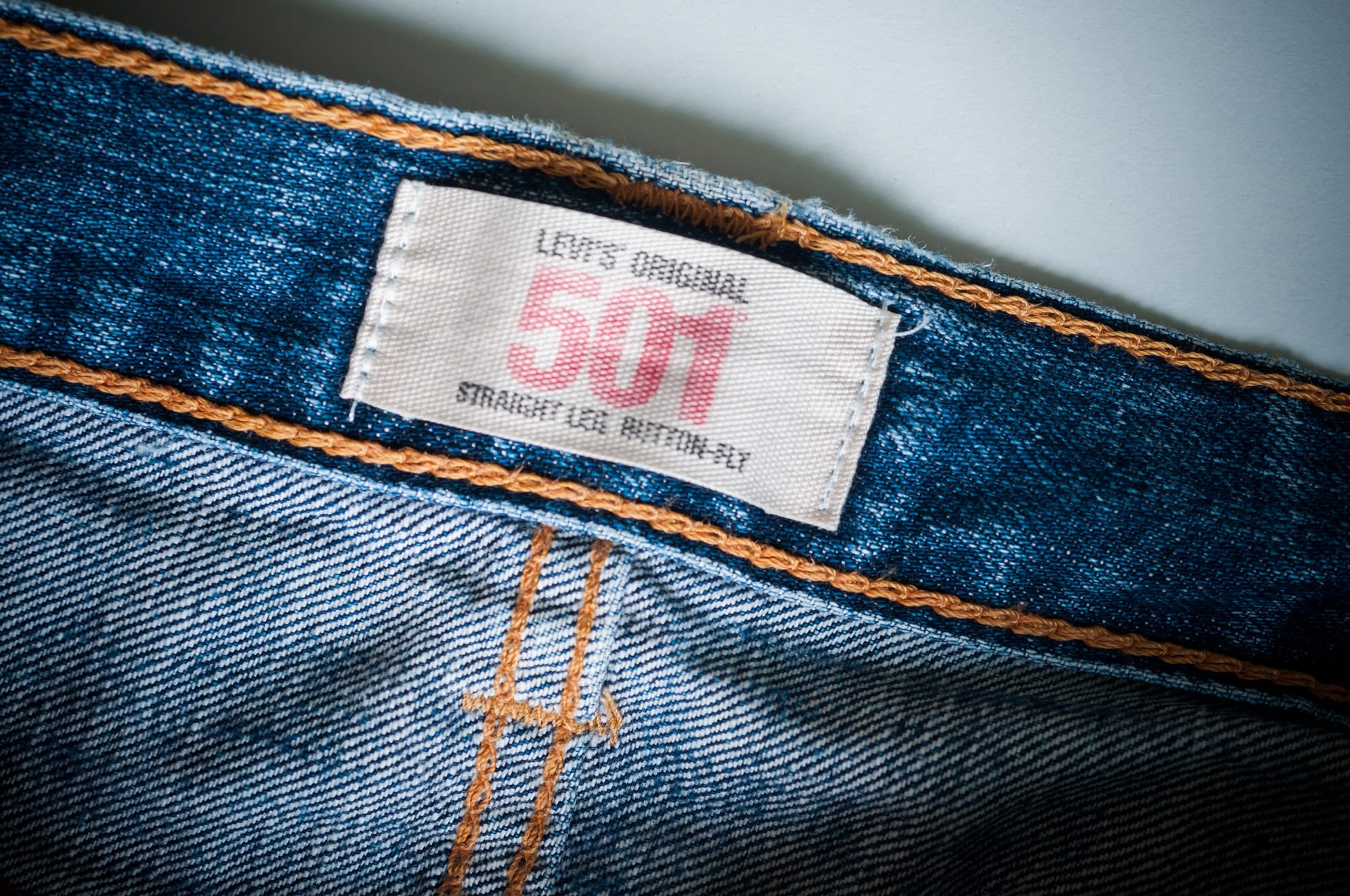
The demand for denim jeans was high among workers in the American West. In the 1900s, Levi's launched its "501 jeans". The 501 jeans of Levi's gained popularity among laborers, miners, and cowboys.
In the early 1900s, Hollywood actors promoted jeans through their movies, so the demand for Levi's jeans increased. Later in the 1900s, Levi's diversified its product range and started manufacturing other clothing products such as denim jackets.
These new products of Levi's also became a great hit. People across the country loved the quality of Levi's products. Its jackets and other clothing products became as famous as its jeans.
In the 1960s and 70s, people associated jeans with rebellion. People wore Levi's jeans as a symbol of counterculture and rebellion. Levi's jeans became an integral part of hippies' costumes.
Later, Levi's focused on its media campaign. It hired top models and actors to promote the clothing brand. In the coming years, Levi's expanded its operations globally. Levi's opened its first international store in 1983.
From there onwards, Levi's kept on expanding its operations. Currently, Levi's has almost 500 stores in 100 different countries. Levi's is a huge source of employment. Almost 18,000 workers are employed by Levi's worldwide.
Levi's has evolved to become a huge brand. In 2022, Levi's generated $6.16 billion in revenue. Now that we know how Levi's evolved over the years, let's proceed further and discuss PESTLE analysis.
PESTLE analysis is used as a tool by businesses to see what external factors impact their business operations. In this article, we will conduct a PESTLE analysis of Levi's to see how various external factors impact Levi's.
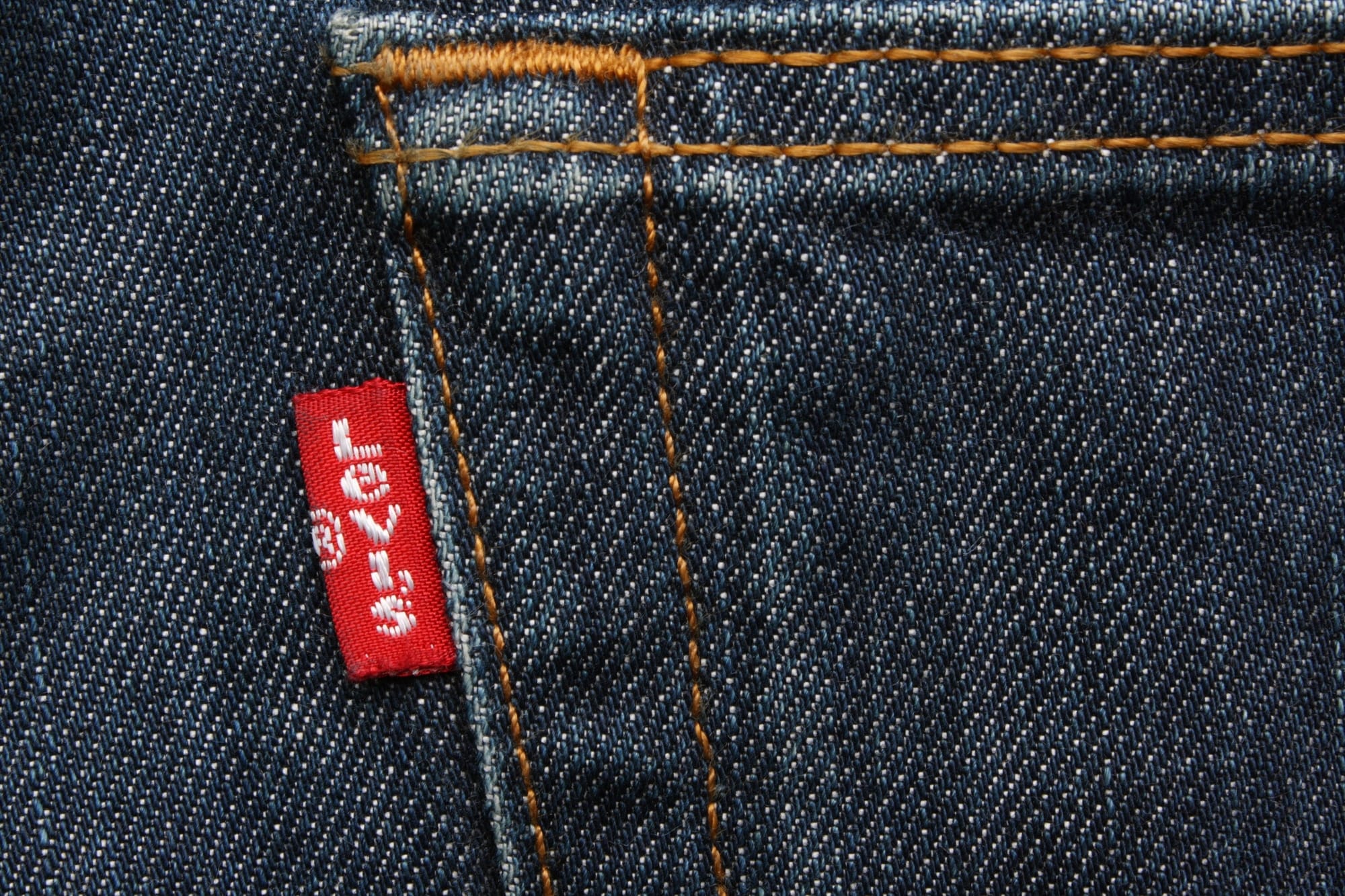
Political Factors That Affect Levi Strauss
Political factors discuss government policies and political matters that impact the operations of any business. This section of the PESTLE analysis will discuss what political factors impact Levi's.
Political stability is one of the political factors that impact Levi's operations. Levi's operates in more than 100 countries. Levi's requires political stability since the demand for its products is directly related to the political stability in the country where it operates.
Imagine if there was political instability in a country where Levi's operates; in that country, Levi's stores would be closed often due to protests. As a result, Levi's won't be able to make huge profits in such countries.
Similarly, the government's trade policies impact Levi's operations significantly. If the government of the US bans the import of raw cotton from Pakistan, Levi's will suffer because it imports cotton in large amounts from Pakistan to manufacture its denim jeans.
Furthermore, political tensions between countries also affect the operations of Levi's since it is a global brand. For example, Ukraine and Russia recently became a part of the conflict. As a result, Levi's suspended its sales in Russia.
This impacted Levi's significantly because a large portion of its revenue came from its sales in Russia. Such global conflicts can limit the sales of Levi's and impact it negatively.
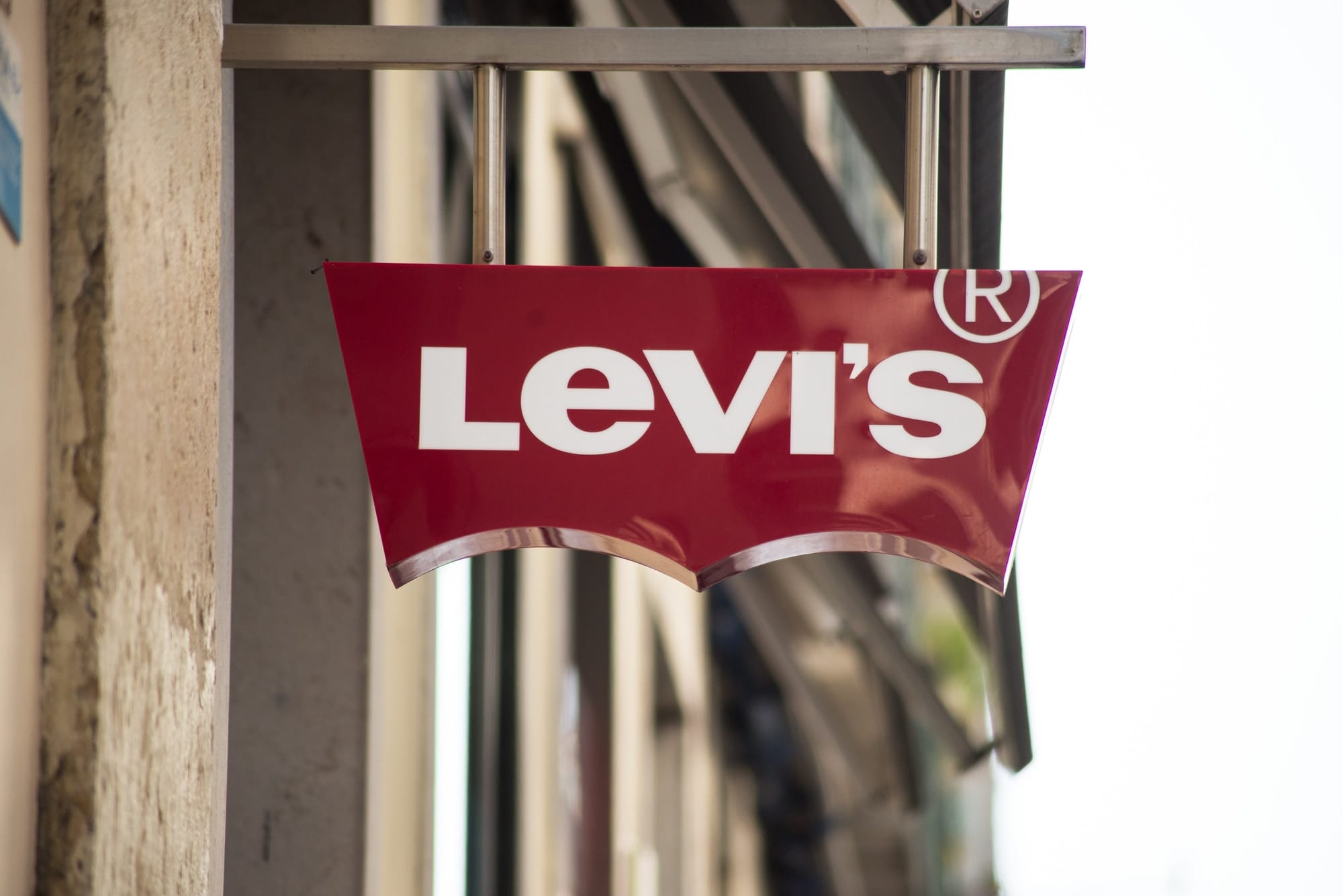
Economic Factors That Affect Levi Strauss
The economy of any country affects the operations of businesses in that country. Economic factors in the PESTLE analysis consider those factors that affect a country's economy. This section will analyze how different economic factors impact Levi's.
Fiscal policy has a great impact on the operations of Levi's. In countries with strict fiscal policies, the tax rates are high. As a result, people have less disposable income to spend. Hence, the demand for Levi's clothes is low in such countries.
Moreover, government spending is also an integral part of fiscal policy. In countries where government spending is low, the living standard of people may be low. Hence, people won't have enough money in such countries to shop at Levi's.
Another factor that affects Levi's is the interest rate. If a country has a high-interest rate, people would be incentivized to save and deposit their money in their bank accounts. As a result, people in such an economy won't be willing to spend their money to buy clothes.
Moreover, the exchange rate holds great significance. For example, Levi's imports cotton from Pakistan. If Dollar depreciates against PKR, then Levi's import for cotton will become expensive. Hence, the cost of manufacturing jeans and other clothes would increase.

Social Factors That Affect Levi Strauss
Social factors are factors related to the demographics and culture of a country. In this section, we will analyze how various societal factors impact the operations of Levi's.
One of the social factors affecting Levi's operations is the percentage of people below the age of 53 because it is said that 53 is the best age to ditch denim jeans. Most of the people who wear denim are young.
This means that any country with a high percentage of young people would be the most suitable market for Levi's. Moreover, the culture of countries also impacts the sales of Levi's.
Levi's is a brand famous for jeans and other Western clothes. Although Western clothes have a high demand across the globe, there are countries where people are discouraged from wearing Western clothes.
In such countries, Levi's won't be able to sell much. Other than that, internet penetration is significant in impacting Levi's operations.
Countries with high internet penetration and more social media access are likely to have a high demand for Levi's clothing since people in those countries would be aware that Levi's is a huge brand.
Furthermore, people would also know that social media influencers and film actors wear denim jeans. This would also encourage them to wear denim jeans from Levi's. Hence, the demand for Levi's denim jeans would increase.
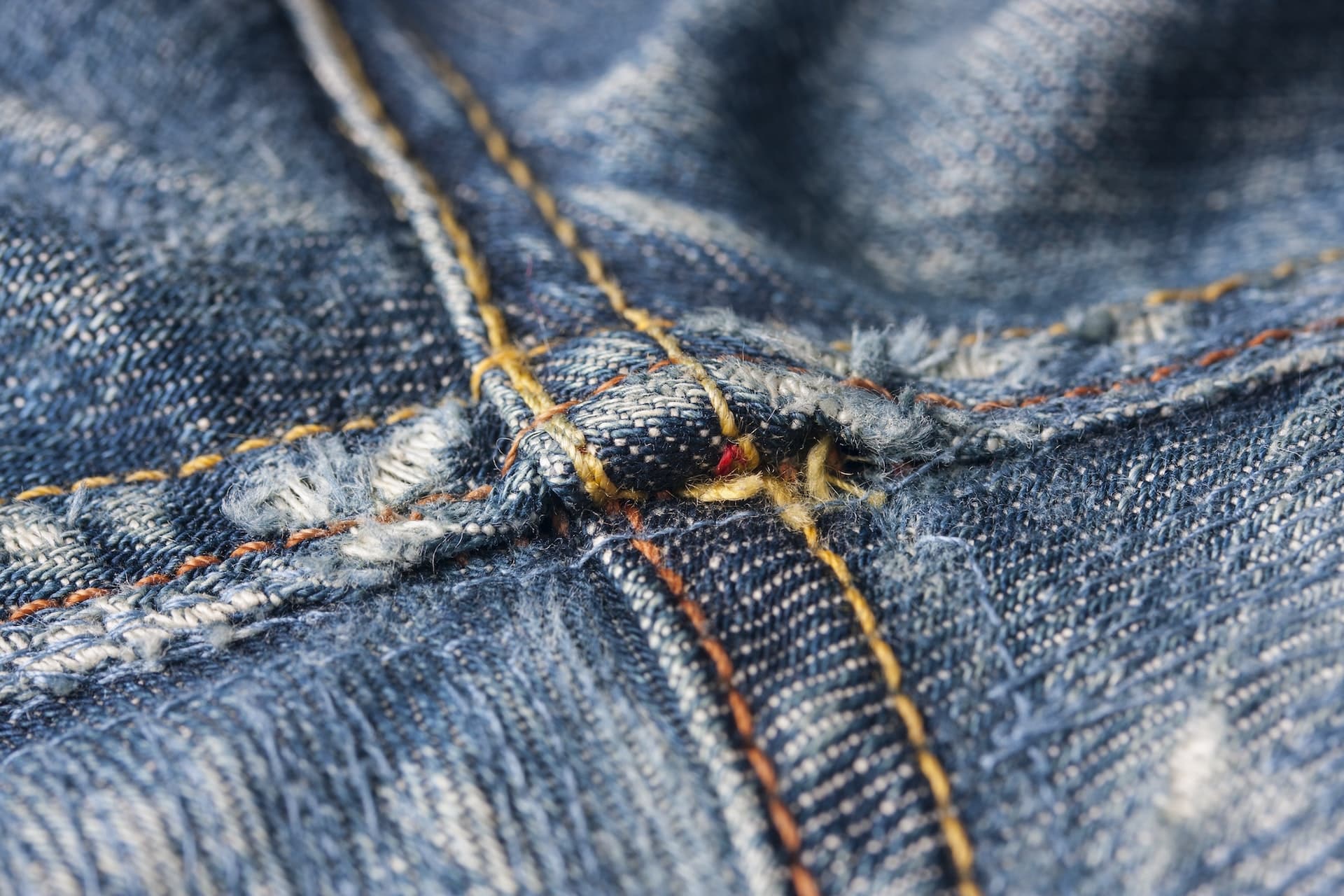
Technological Factors That Affect Levi Strauss
Technological factors play an essential role in determining the success of any brand. In this section, we will look at how different technological factors impact Levi's.
Automation is essential for businesses since it increases their efficiency. Levi's needs to automate its manufacturing sector to decrease its production cost and improve the quality of its clothes. Moreover, automation would save a lot of time, benefiting Levi's.
Besides that, the e-commerce industry is currently growing at a rapid rate. This growth of the e-commerce sector can benefit Levi's. Levi's can sell its clothes through e-commerce platforms like Amazon and Alibaba.
Moreover, it can invest in creating an online store. By doing so, Levi's can cater to its online customers, and this can really boost the sales of Levi's.
Furthermore, Levi's can use data analytics to see what marketing campaigns were the most successful. By re-creating similar marketing campaigns, Levi's can attract more customers.
Other than that, Levi's can use AI for advertisement purposes. It can create TV commercials and posters with the help of AI to attract maximum customers. Moreover, Levi's can use AI to get innovative ideas that can make Levi's more successful.
Legal Factors That Affect Levi Strauss
Legal factors analyze a country's laws and constitution that impact any business that operates within the country's premises. Let's take a look at how some of the legal factors impact Levi's.
Labor laws impact Levi's significantly. If the government increases the basic salary of laborers, Levi's will have to pay laborers higher wages. Hence, their operational costs would increase. This will cause the profit of Levi's to fall.
Furthermore, if the government reduces the official minimum working hours, it would have a negative impact on Levi's since now the clothing brand would have to operate fewer hours a day. This could make the revenue of Levi's fall.
Moreover, intellectual property laws hold great significance for Levi's. Levi's would love to operate in a country with strong intellectual property laws since it would provide security to the ideas of Levi's.
Other than that, strong laws against counterfeit products would benefit Levi's. Levi's would look forward to operating in a country with strong counterfeit product laws because, in such countries, no one would dare to sell low-quality products with Levi's tag on it.
In addition to that, Levi's would look forward to operating in a country where there would be strict data protection laws. Levi's has a lot of data about its customers. It would look forward to operating in a country where its data is secured.
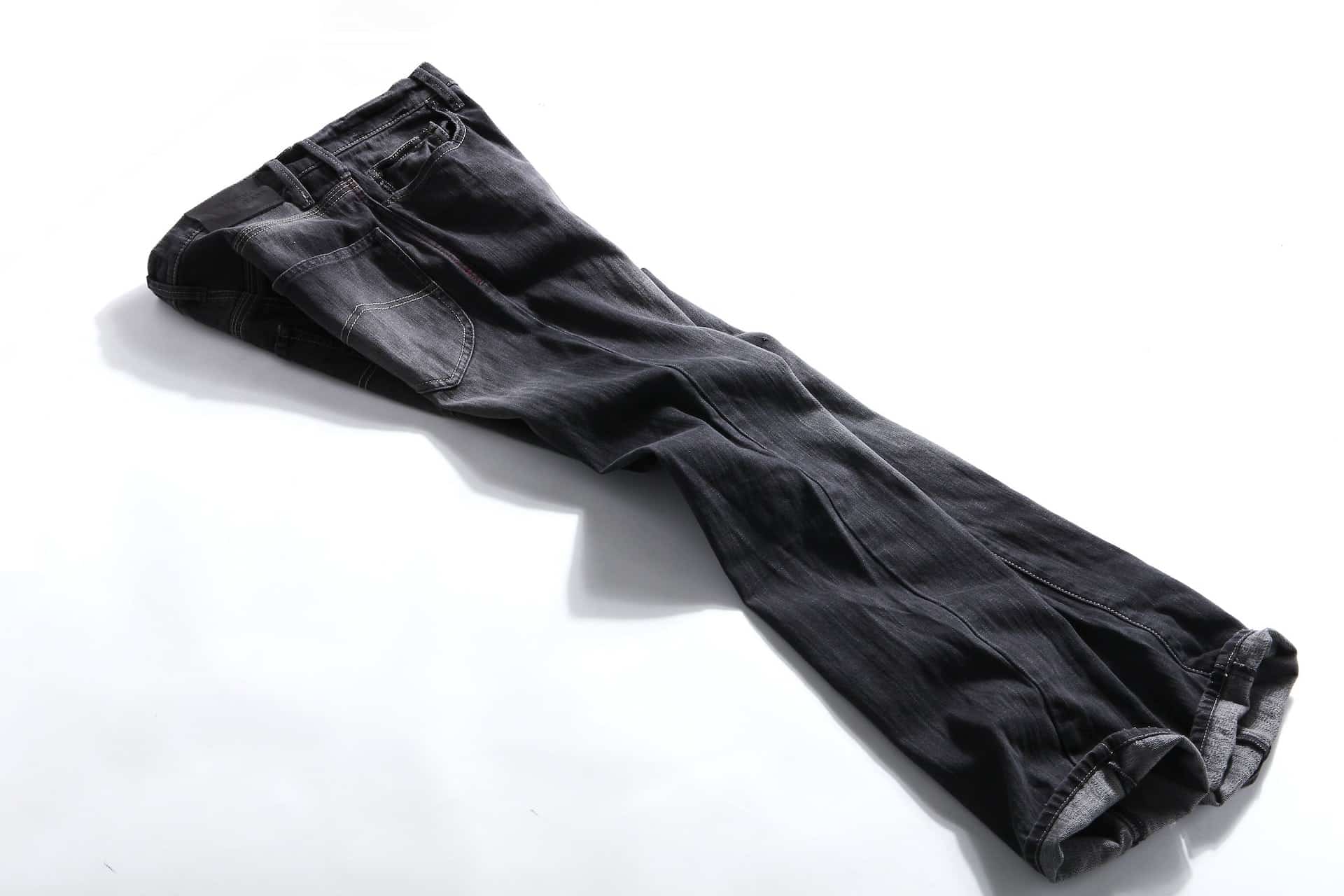
Environmental Factors That Affect Levi Strauss
Environmental factors have the potential to affect the operations of Levi's significantly. Let's discuss how various environmental factors affect Levi's.
As climatic change is occurring, irregular rainfalls and storms have increased. These natural disasters and climatic changes are impacting the production of cotton across the globe.
Cotton is one of the most important inputs of Levi's. The majority of its products are made up of cotton. In case of limited production of cotton, the prices of cotton would rise, and the cost of production of Levi's would increase.
Moreover, natural disasters can cause road blockages that can disrupt the supply chain of Levi's. Furthermore, as governments and pressure groups are concerned about the environment, they might ask Levi's to source renewable energy for its manufacturing units and stores.
Besides that, Levi's should start tree plantation campaigns under its CSR program. This will not only improve its image, it will also positively impact the environment.
Moreover, Levi's has to make its packaging environmentally friendly and optimize its transportation routes to reduce carbon emissions. These measures would have a positive impact on the environment and improve the image of Levi's overall.
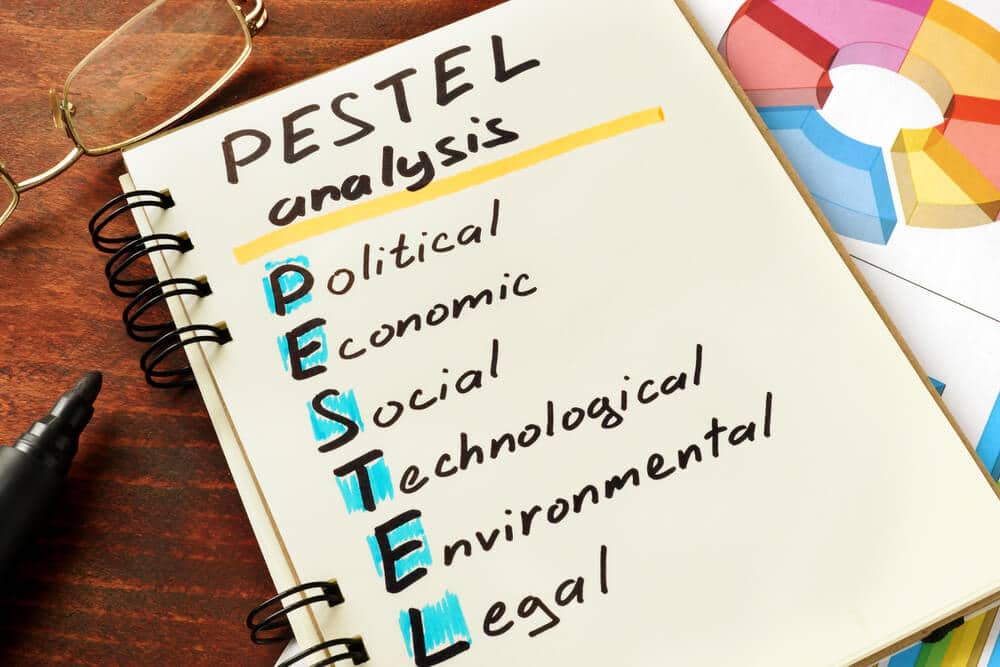
Levi Strauss (Levi's) PESTLE Analysis: Final Word
Levi's is a global brand that has been operational for over 150 years. It is famous for manufacturing the most comfortable denim jeans, jackets, and casual shirts. Levi's operates in more than 100 countries.
This article discussed how the brand evolved over the years to become a multi-billion dollar brand. After that, we conducted the PESTLE analysis of Levi's to see how various external factors impact Levi's.
The PESTLE analysis framework helped in analyzing the impact of political, social, environmental, technological, economic, and legal factors that impact Levi's.
If you found this article interesting and want to read more similar articles, look at a few examples of PESTLE Analysis.










